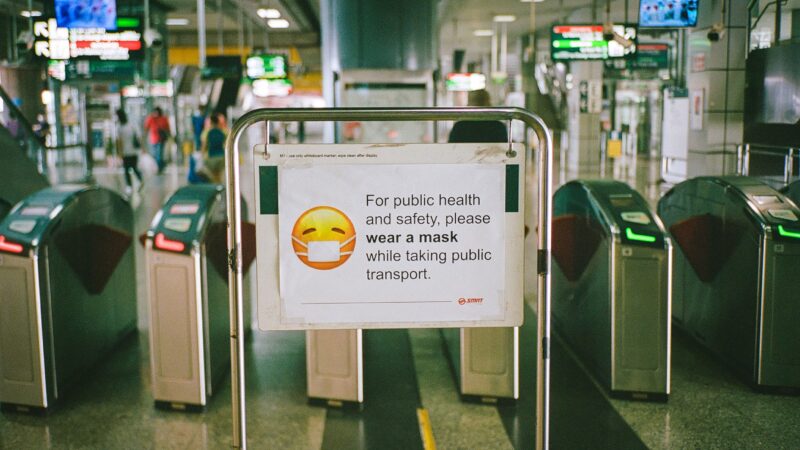In the face of widespread changes brought about by COVID-19, record-breaking wildfires across the west coast, and one of the most active Atlantic tropical storm seasons on record, the importance of resiliency cannot be overstated. Resilience recognizes that disruptions enviably will come and that building flexibility into operations allows one to better recover on-course, minimizing detours or derailments as much as possible.
Reaffirming commitments to environmental and social governance helps to build resilience. Since the onset of the pandemic, there is evidence that the importance of corporate sustainability has only increased and that investors are increasingly motivated by ESG factors.
Over this academic year, the Corporate Partner’s Program will work to shed light on the diverse impacts of the pandemic on organizations’ sustainability policies and how these policies create resilience to current and future disruptions.
A kickoff event on the topic of resilience was held on October 29th, offering a range of viewpoints from a panel of professionals hailing from LA Metro, the United Nations, and US Green Building Council-LA.
Full versions of the reports below are available to CPP Members.
2020-2021 Research Topics
As public health shut downs forced office workers around the world to a new model of widespread working from home, their emissions, to some extent, went with them. The magnitude of this change will likely motivate companies to develop new ways of accounting for emissions from work from home employees as they attempt to represent their emissions from this year. This project will examine changes to reporting efforts by companies and strategies for more accurate accounting for 2020.
Researchers: Clare Schumann & Haley Karchmer
Advisor: Charles Corbett
How did the events of 2020 impact corporate sustainability?
Between widespread racial justice movements and the widespread impacts of a pandemic, 2020 was a year of disruption and change. The influence of these events on corporate sustainability reporting is yet to be seen – this project will illuminate the changes present in sustainability reports released for 2020 to provide insight into what the future of corporate sustainability may hold.
Researchers: Evelyn Wan & Cartoon Nawaphan Watanasirisuk
Advisor: Jennie Dean
Seeking Energy Independence: Corporate Microgrids in California
California’s increasing susceptibility to wildfires has spurred an increase in electric utility public safety power shut offs across the state. Resulting decreases in electric grid reliability has led some California businesses to look to standalone generation and storage systems to ensure electrical continuity in the event of a shutoff. This research will explore the types of microgrids companies are investing in, their ability to provide economic and environmental benefits, and provide resources for companies to evaluate potential investments.
Researcher: Allison Bell
Advisor: Jennie Dean
The GCRF Hub works on several key trade flows that are particularly important to focal developing countries of the Congo Basin. This includes trade that has a direct impact on biodiversity – for example the global trade in wildlife for a range of uses, including the regional and national trade in bush meat. It also includes agricultural commodity trades that have indirect impacts on biodiversity through conversion or degradation of habitats. The Hub’s international and interdisciplinary research team produces novel, impact-orientated research through involving companies, UN-related trade bodies and governments. This CPP project will focus on the impact of the pandemic in achieving GCRF Hub goals for in-country researchers, civil society, governments, international organizations focused on trade policies, as well as corporations and investors.
Researchers: Joyce Lee & Ashley Fernando
Advisor: Kevin Njabo


